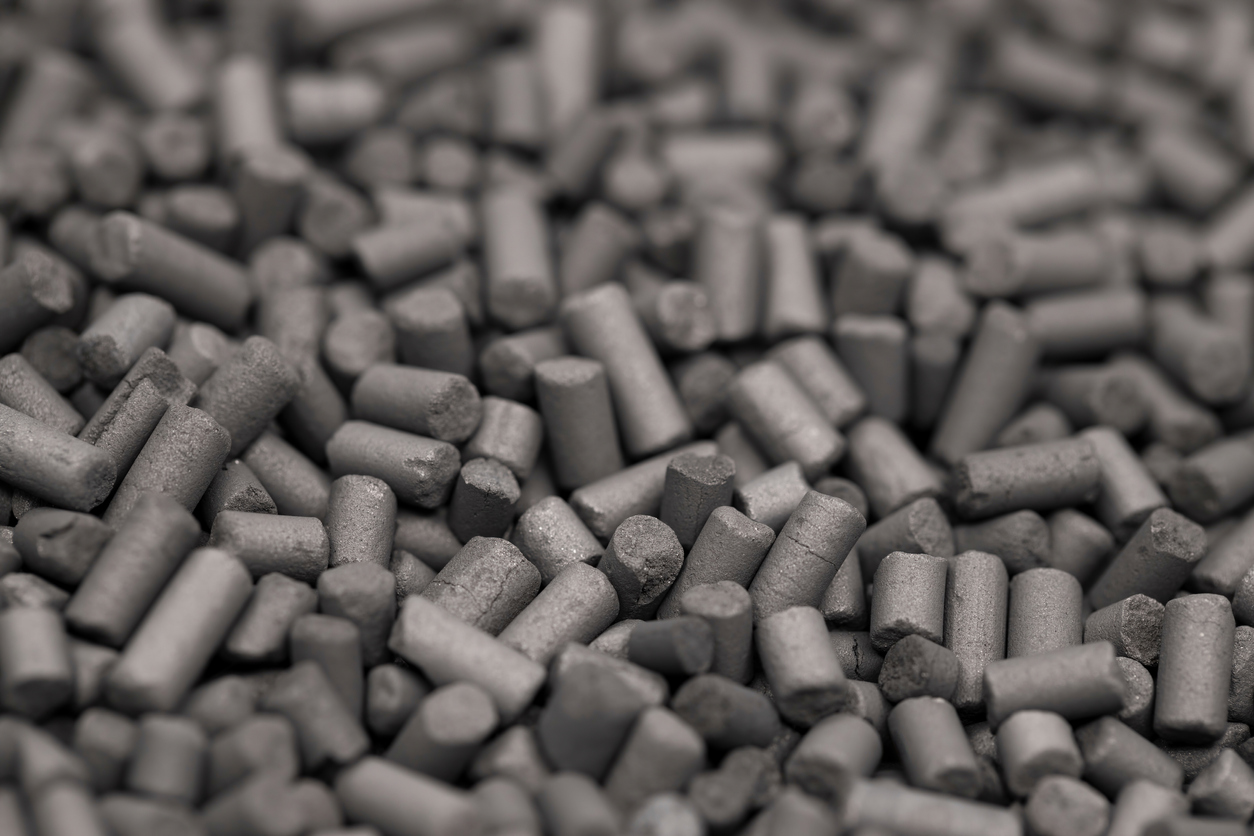BioCarbon
Turning Waste Into Energy Storage
.jpg)
In Brief
- Challenge: Energy Innovation Challenge
- Challenge Type: National Challenge Fund
- Status: Active
The Challenge
Energy storage devices such as batteries and supercapacitors are vital for decarbonising industry and transport. Electric vehicles and grid power storage rely on advanced materials to store and supply energy when needed; a major component of these is carbon.
Carbon comes in many forms with varying properties and quality. For driving the renewable energy economy, bringing down the cost of these materials and sourcing them from renewable or waste feedstocks is an urgent need.
Bringing the cost down means cheaper batteries for consumers in phones, electric vehicles and computers while reliable grid storage will mean we all benefit from being able to access the surplus energy generated when it's windy or bright at other times when it's cloudy or still. Everyone benefits from reducing CO2 emissions from power generation if we can effectively and cheaply store and deliver power.
The Solution
We aim to use waste from farms, the food sector and from overstocked natural sources (e.g. algae blooms) to generate active carbon materials cheaply and efficiently. This reduces the need for mined graphite and allows us to make substantial modifications to the materials as we produce them to increase energy storage and efficiency.
By doing this, we will divert waste from low-value routes such as composting and into high-value materials. Success in this field can lead to reductions in CO2 emissions from transport and power generation and lead to less waste being produced overall, while presenting solutions to difficult waste problems.
The Team
- Team Lead: Dr Tony Keene, University College Dublin
- Team Co-Lead: Prof Kevin McDonnell, University College Dublin
Societal Impact Champion
- Stephen Robb, Irish Farmer’s Journal